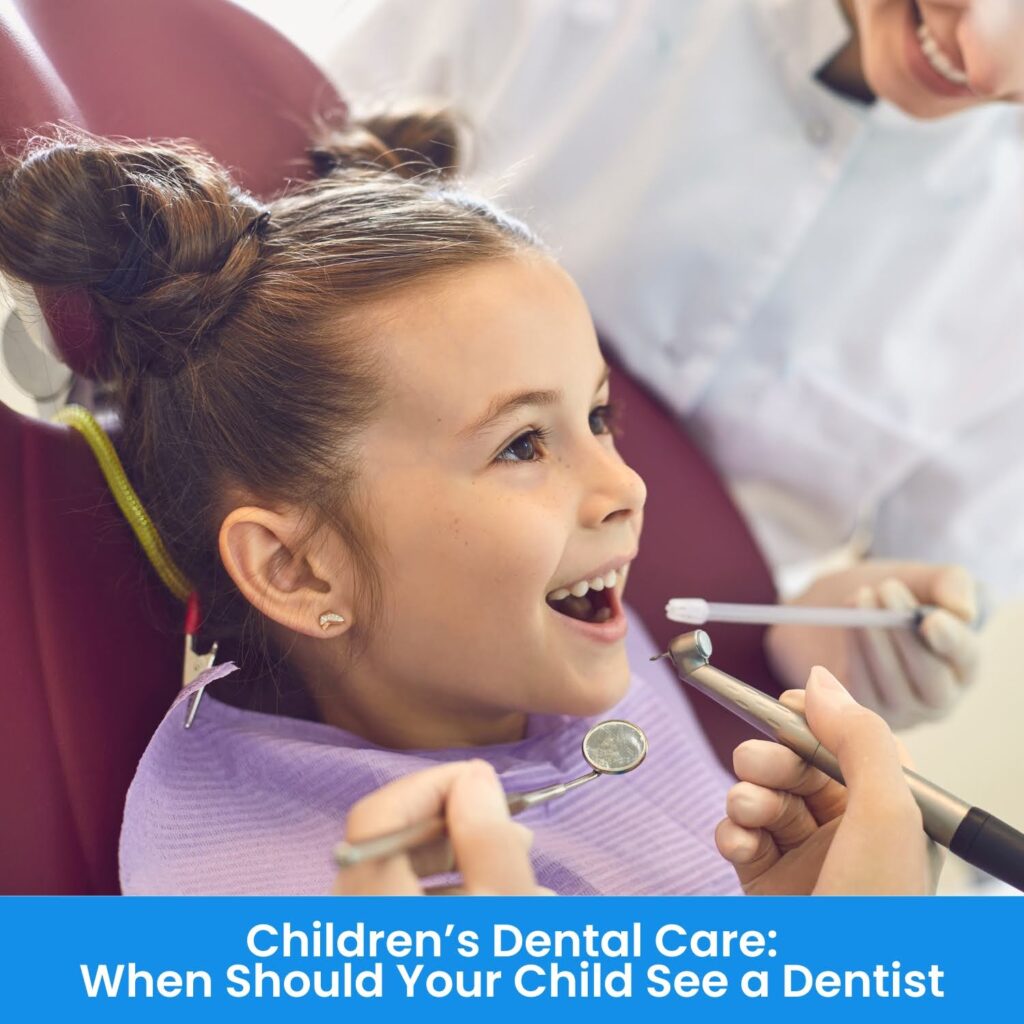
Introduction
Good oral health starts early, but many parents are unsure about the right time to take their child to the dentist. Should it be after the first tooth appears, or is it better to wait until they start school? Dental care is an essential part of a child’s overall health, and early visits to the dentist can prevent many future issues. Understanding when and why your child should see a dentist can help ensure they develop strong teeth and a bright, healthy smile.
Summary
1. The First Visit: When Should You Take Your Child to the Dentist?
2. The Importance of Early Dental Care for Your Child
3. Signs Your Child Needs to See a Dentist Immediately
4. Tips for Getting Your Child Ready for Their First Dental Appointment
5. How Often Should Children Visit the Dentist?
6. Teaching Good Dental Habits at Home
7. Frequent Dental Issues in Kids and Ways to Prevent Them
1. The First Visit: When Should You Take Your Child to the Dentist?
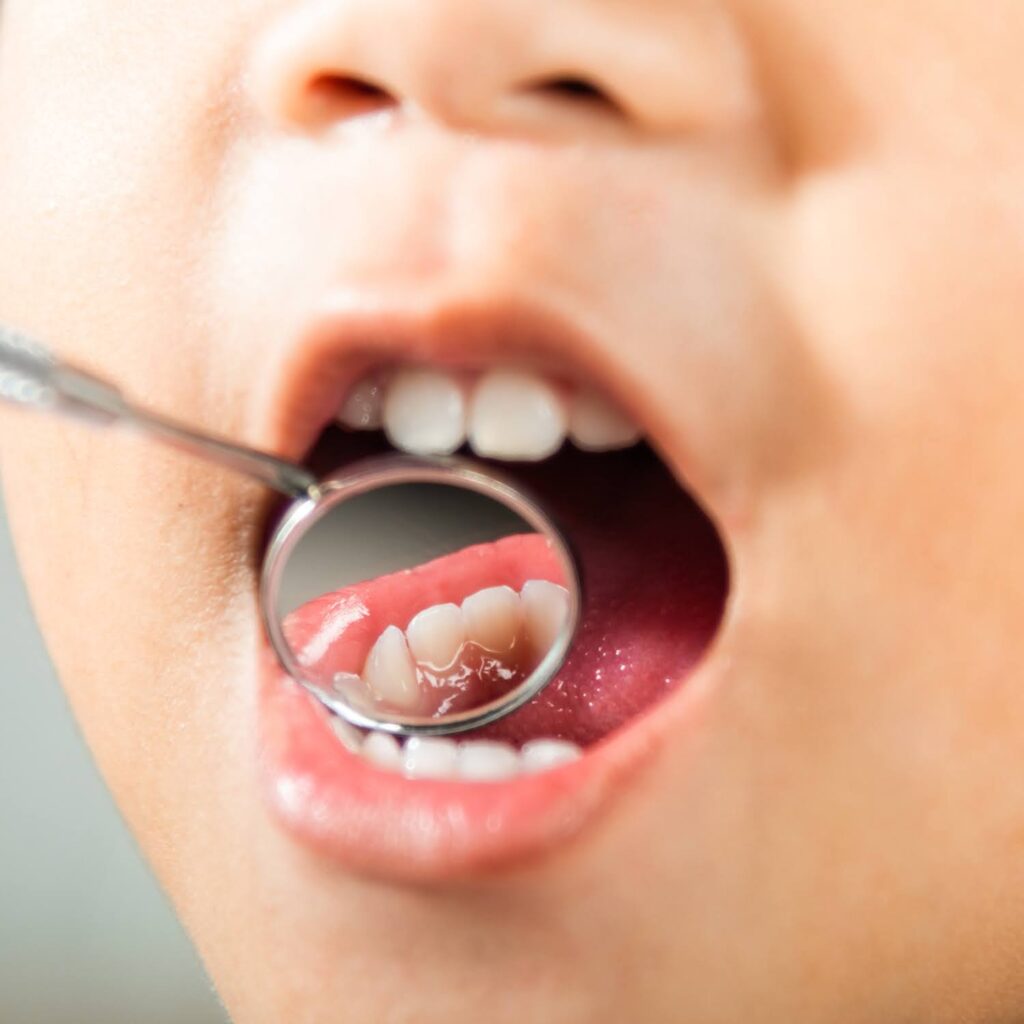
The American Academy of Pediatric Dentistry recommends that a child should visit the dentist by their first birthday or within six months of their first tooth erupting. This might seem early, but baby teeth play a significant role in a child’s development. They help with chewing, speaking, and guiding the permanent teeth into place.
An early dental visit ensures that your child’s teeth and gums are developing properly. The dentist can check for early signs of cavities, discuss feeding habits, and give parents advice on how to care for their child’s teeth. Many parents wait until their child experiences pain or visible dental problems, but preventive care is always better. A child’s first visit is also an opportunity to make them comfortable with the dentist, which can help prevent dental anxiety in the future.
2. The Importance of Early Dental Care for Your Child
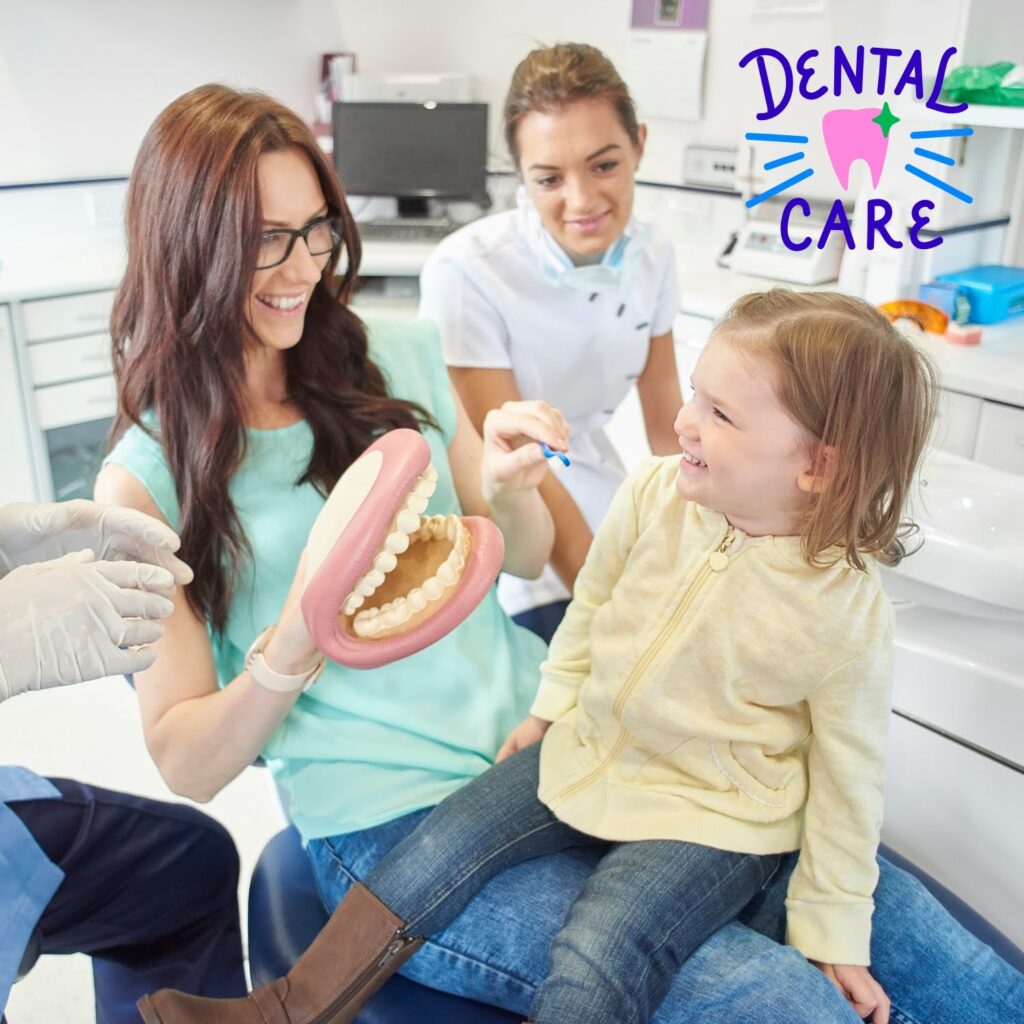
Many people believe that baby teeth don’t need much care because they will eventually fall out. However, baby teeth serve as placeholders for permanent teeth and help in speech development. If a baby tooth is lost too early due to decay, it can cause spacing issues that affect the alignment of the permanent teeth. This can lead to expensive orthodontic treatments later in life.
Regular dental visits help catch potential problems before they become severe. Cavities in baby teeth can lead to pain, infections, and even difficulty eating. Children with poor dental health may struggle with concentration in school and avoid certain foods due to discomfort. By taking your child to the dentist early and regularly, you ensure their oral health is well maintained, preventing future complications.
3. Signs Your Child Needs to See a Dentist Immediately
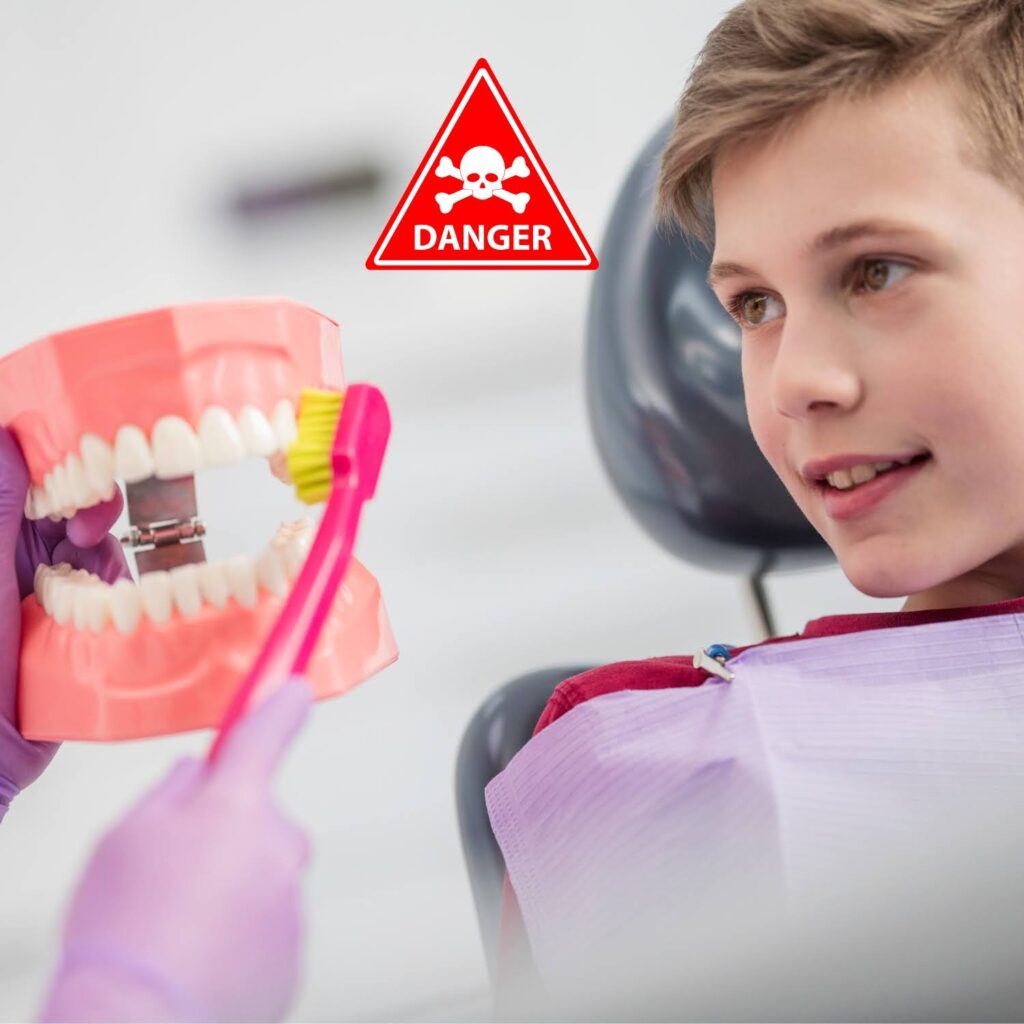
While routine checkups should happen every six months, there are times when you should take your child to the dentist sooner. If you notice any white or brown spots on their teeth, it could be an early sign of cavities. Tooth decay in children progresses quickly, so early detection is crucial.
Other signs that warrant an immediate dental visit include swollen or bleeding gums, persistent bad breath, difficulty chewing, or complaints of tooth pain. If your child’s teeth seem to be coming in later than usual, the dentist can check for any developmental concerns. Parents should also be aware of habits like thumb sucking or prolonged pacifier use, as these can impact the way the teeth grow. The earlier a dentist assesses these issues, the easier it will be to correct them.
4. Tips for Getting Your Child Ready for Their First Dental Appointment

Many children feel nervous about visiting the dentist, and parents play a key role in making the experience positive. Before the visit, explain to your child what will happen in simple and friendly terms. Instead of using words like “pain” or “drill,” tell them that the dentist will count their teeth and check their smile to keep it healthy.
Reading books about visiting the dentist or watching fun videos on the topic can also help ease their fears. Role-playing at home by pretending to be the dentist and examining your child’s teeth can make them more comfortable with the idea. On the day of the visit, bring along a favorite toy or comfort item to help them feel at ease. Choosing a pediatric dentist who specializes in treating children can also make a big difference, as they create a fun and welcoming environment for young patients.
5. How Often Should Children Visit the Dentist?
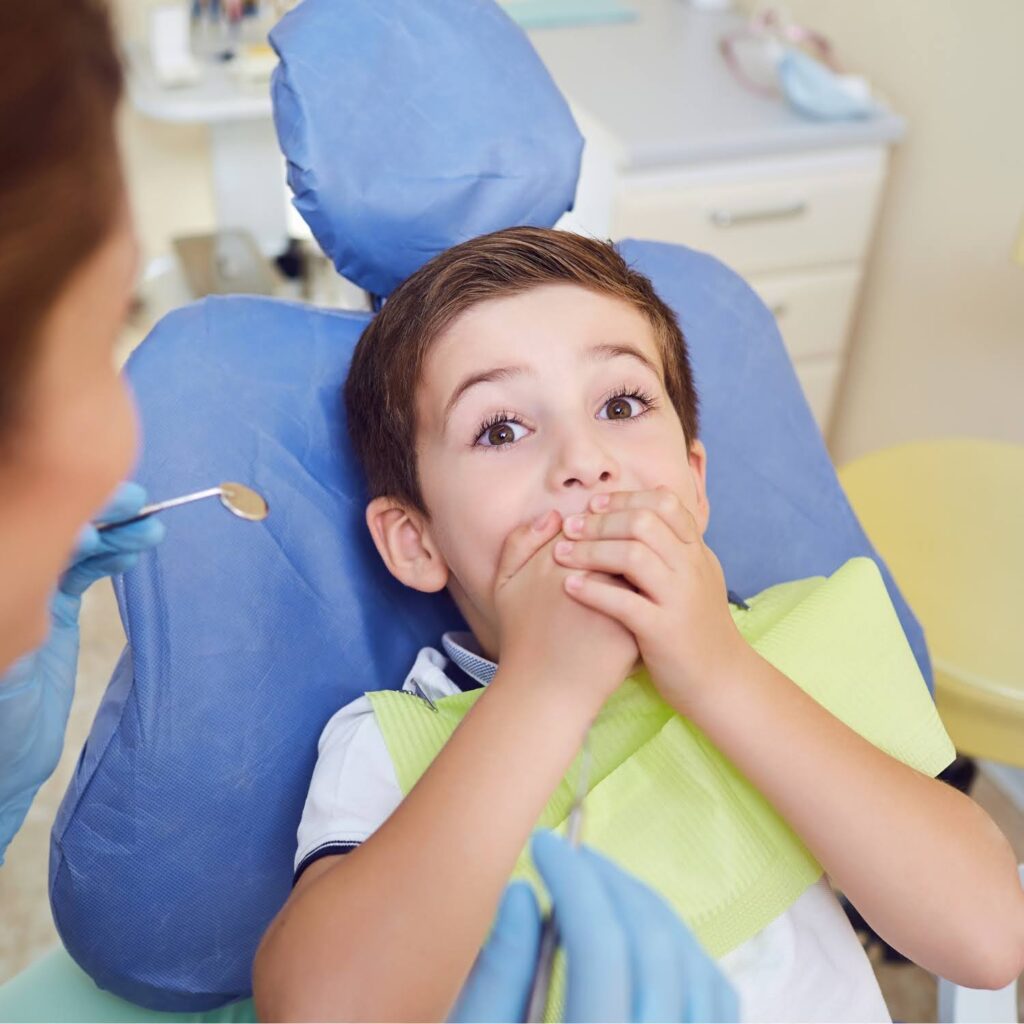
After the first visit, children should see the dentist at least every six months. These regular checkups allow the dentist to monitor the growth and development of their teeth, ensuring that there are no underlying issues. However, some children may need more frequent visits, especially if they have a history of cavities, gum disease, or orthodontic concerns.
During these visits, the dentist will clean the child’s teeth, apply fluoride treatments to strengthen enamel, and provide guidance on proper brushing and flossing techniques. Regular visits also help reinforce the importance of oral hygiene, making dental care a routine part of a child’s life. The earlier children develop these habits, the more likely they are to continue them into adulthood.
6. Teaching Good Dental Habits at Home
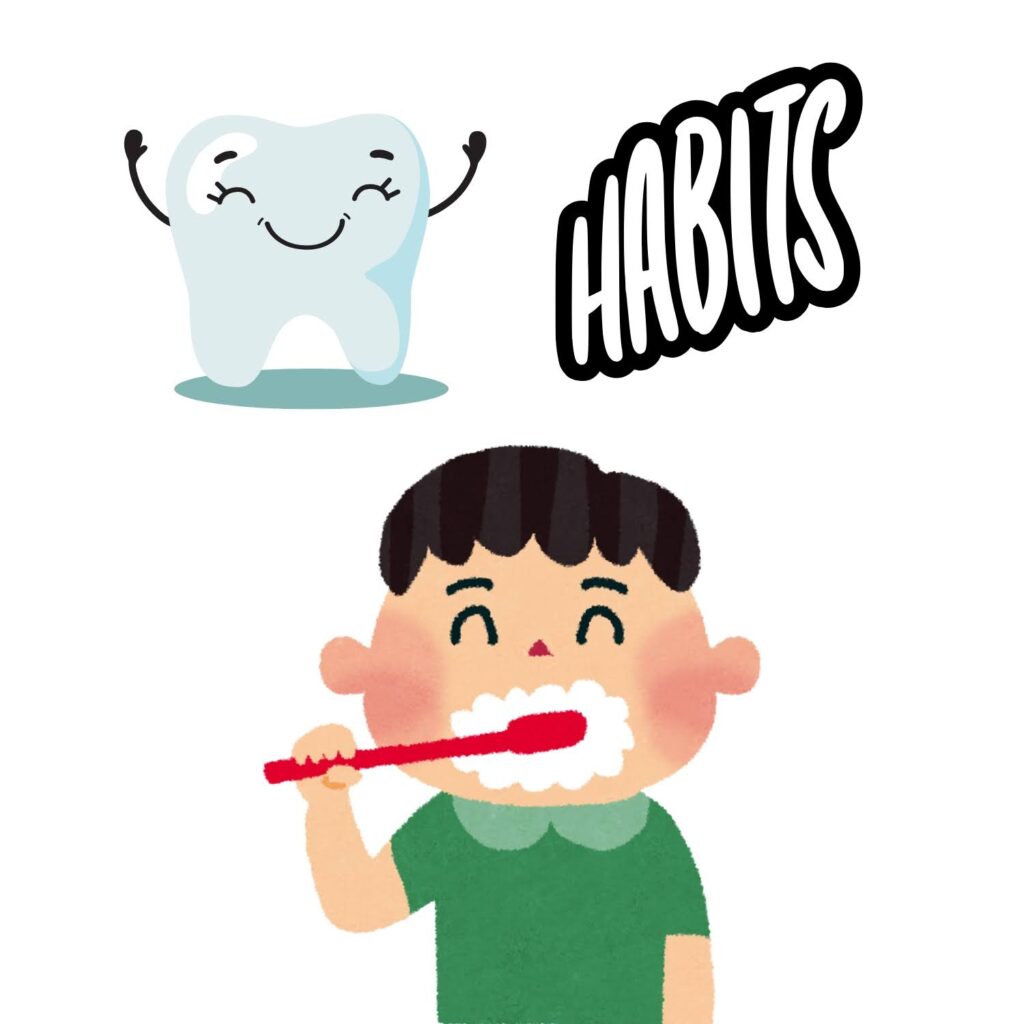
While visiting the dentist is important, daily oral care at home plays an even bigger role in keeping a child’s teeth healthy. Parents should start brushing their child’s teeth as soon as the first tooth appears, using a soft-bristled toothbrush and a tiny amount of fluoride toothpaste. As they grow older, they should be encouraged to brush their teeth twice a day for at least two minutes.
You should start flossing once your child’s teeth begin to make contact with each other. Many children resist flossing, but using flavored floss or turning it into a fun game can make it more enjoyable. In addition to brushing and flossing, diet also plays a key role in dental health. Limiting sugary snacks and drinks, encouraging the consumption of crunchy fruits and vegetables, and drinking plenty of water can help keep cavities away. Teaching these habits early ensures that children maintain strong and healthy teeth throughout their lives.
7. Frequent Dental Issues in Kids and Ways to Prevent Them
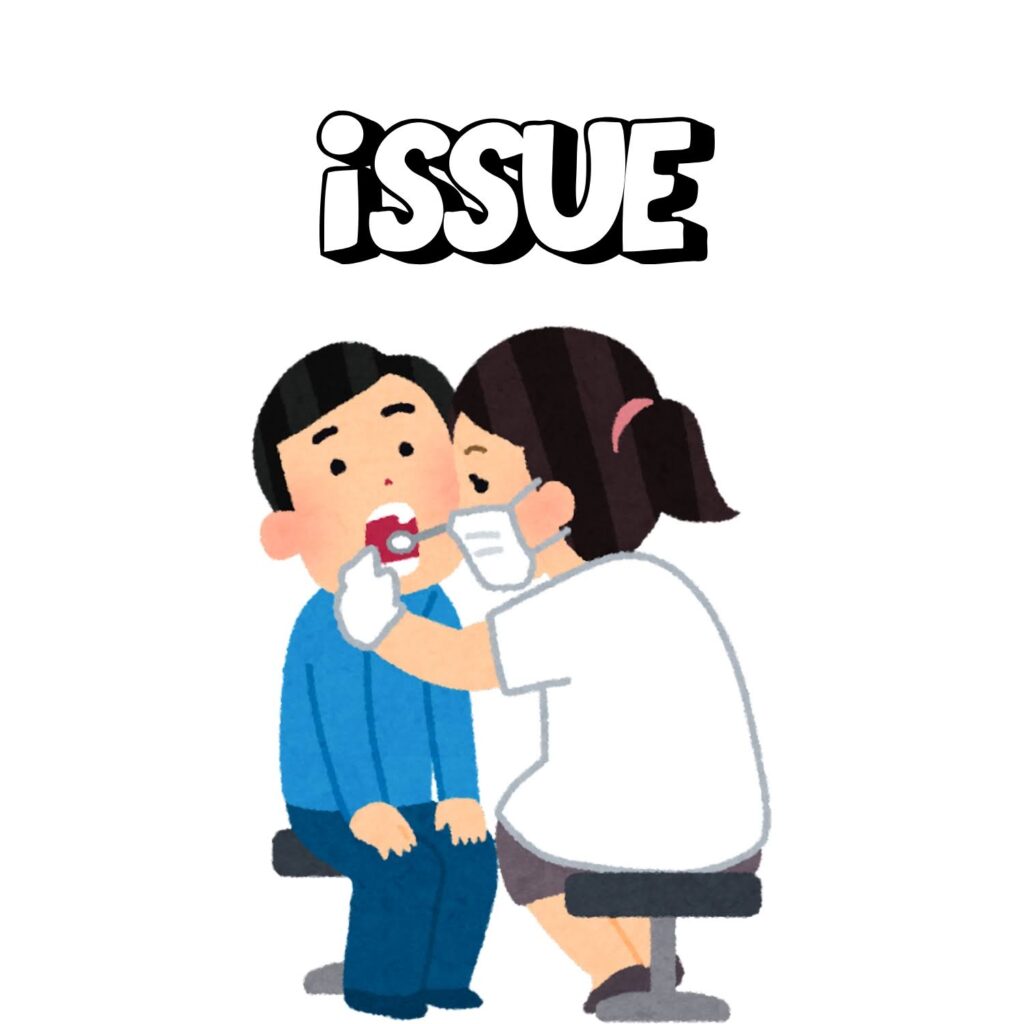
Despite good oral hygiene, some dental problems can still occur. Cavities are the most common issue among children, mainly due to excessive sugar consumption and improper brushing. Parents can help prevent cavities by ensuring their child brushes correctly, avoids sticky sweets, and drinks water instead of sugary beverages.
Gum disease is another common issue, often caused by plaque buildup along the gum line. Teaching children to brush gently along their gums and floss regularly can help prevent inflammation and bleeding. Accidental tooth injuries can also occur, especially in active children. Using mouthguards during sports and avoiding chewing on hard objects like ice or pencils can help protect their teeth. Regular dental checkups ensure that any potential issues are detected early before they become serious problems.
Frequently Asked Questions (FAQs)
Q.1. When should a child first visit the dentist?
A.1. A child should see the dentist by their first birthday or within six months of their first tooth erupting.
Q.2. How often should children go to the dentist?
A.2. Children should visit the dentist every six months for regular checkups and cleanings.
Q.3. What happens at a child’s first dental visit?
A.3. The dentist will check the child’s teeth and gums, provide oral care tips, and make sure everything is developing properly.
Q.4. How can I help my child feel comfortable at the dentist?
A.4. Use positive language, read books about dental visits, and choose a kid-friendly dentist to make the experience enjoyable.
Q.5. What foods help keep my child’s teeth healthy?
A.5. Fruits, vegetables, dairy products, and water help maintain strong and healthy teeth while reducing the risk of cavities.
Conclusion
Children’s dental care should begin early, ideally by the first birthday or when the first tooth appears. Early visits to the dentist help prevent cavities, ensure proper development, and establish a positive relationship with oral hygiene. Regular dental checkups, combined with good brushing, flossing, and a healthy diet, will keep your child’s smile bright and strong. By prioritizing their dental health from the start, you set them up for a lifetime of healthy teeth and confidence.
For personalized dental care designed to meet your needs, contact us at (267) 908-4867 or visit our website at https://premierperiodonticspa.com/contact-us/. Your smile is our priority, and we are committed to delivering exceptional care and expert guidance for a comfortable dental experience. Trust us to keep your smile healthy and bright with professional, customized treatment.









